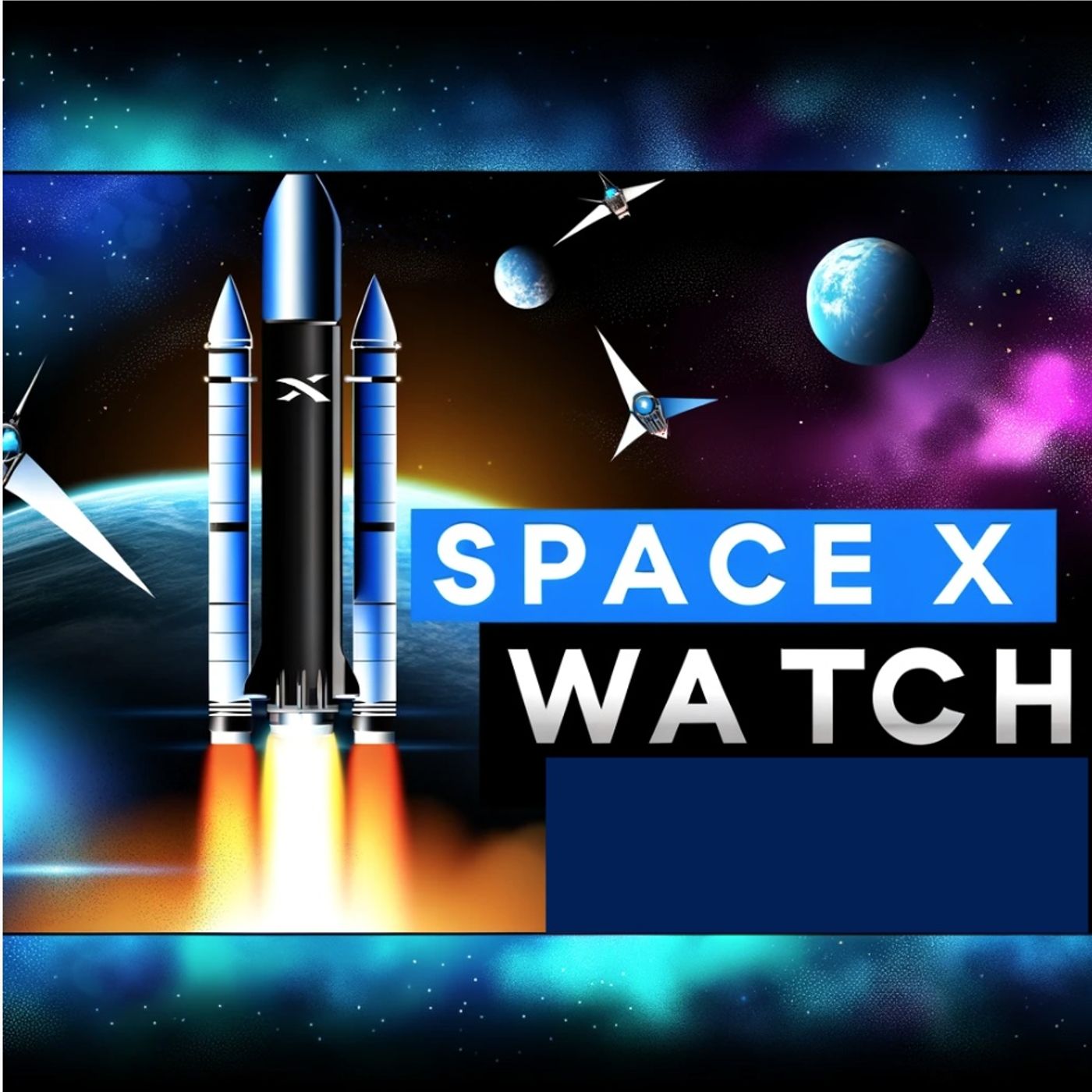Listen ""SpaceX's Rapid Ascent: Revolutionizing Space Exploration and Challenging Norms""
Episode Synopsis
Over the past few days, SpaceX has once again made headlines for both its unparalleled pace in orbital launches and growing scrutiny from space agencies and the public. Just on Sunday, October 19th, a Falcon 9 rocket lifted off from Cape Canaveral carrying 28 new Starlink satellites, marking a record-shattering 31st mission for this particular Falcon 9 first stage booster. The company’s relentless cadence is more than just a technical feat; it is transforming the satellite industry and global communications.In the same launch window, SpaceX delivered its 10,000th Starlink satellite into orbit. According to data cited by AOL and the tracking nonprofit Celestrak, SpaceX now operates over two thirds of all active satellites in low-Earth orbit, with about 8,562 Starlink satellites live as of October 20, 2025. Elon Musk’s vision is for the Starlink fleet to reach 42,000 birds, but even at its current size, Starlink is unparalleled, far outpacing competitors such as OneWeb. The company’s satellites now beam internet to customers worldwide, with service improvements credited to their lower-orbit cuts in lag and faster speeds.Yet with this breakneck success comes a new set of problems and controversies. SpaceX’s rapid buildup is forcing scientists and agencies to confront unintended side effects, like satellite deorbiting rates and atmospheric pollution. Harvard-Smithsonian astrophysicist Jonathan McDowell highlighted that, in 2025 alone, an average of one to two Starlink satellites are burning up in Earth's atmosphere each day—potentially rising to five per day as launches continue. Astronomers and environmental scientists warn that while the current fallout is not yet catastrophic, the cumulative effect of burning satellites could eventually have a measurable impact on the atmosphere.Meanwhile, SpaceX’s standing as NASA’s partner for returning Americans to the moon is under the microscope. NASA’s acting administrator Sean Duffy has stated that concerns over SpaceX’s ability to deliver the Starship Human Landing System on schedule are growing. As SpaceX faces delays hitting milestones for Artemis III, which is set to land humans on the moon no earlier than mid-2027, NASA is now openly inviting rivals, most notably Jeff Bezos’s Blue Origin, to enter lunar lander contract competitions. As reported by multiple outlets including CNN and The Hans India, this marks a profound shift in NASA strategy and a warning shot that no single contractor’s timeline will dictate US ambitions.On social media and in tech gossip, Elon Musk continues to be a lightning rod. Following a major Amazon Web Services outage, Musk taunted AWS and plugged his own X platform as a stable, ad-free, encrypted alternative. This bold approach is typical of Musk’s media persona, which shapes public discussion around SpaceX, X, and his broader tech empire.Thanks for tuning in and don’t forget to subscribe for more. This has been a quiet please production, for more check out quiet please dot ai.For more http://www.quietplease.aiGet the best deals https://amzn.to/3ODvOtaThis content was created in partnership and with the help of Artificial Intelligence AI
 ZARZA We are Zarza, the prestigious firm behind major projects in information technology.
ZARZA We are Zarza, the prestigious firm behind major projects in information technology.
